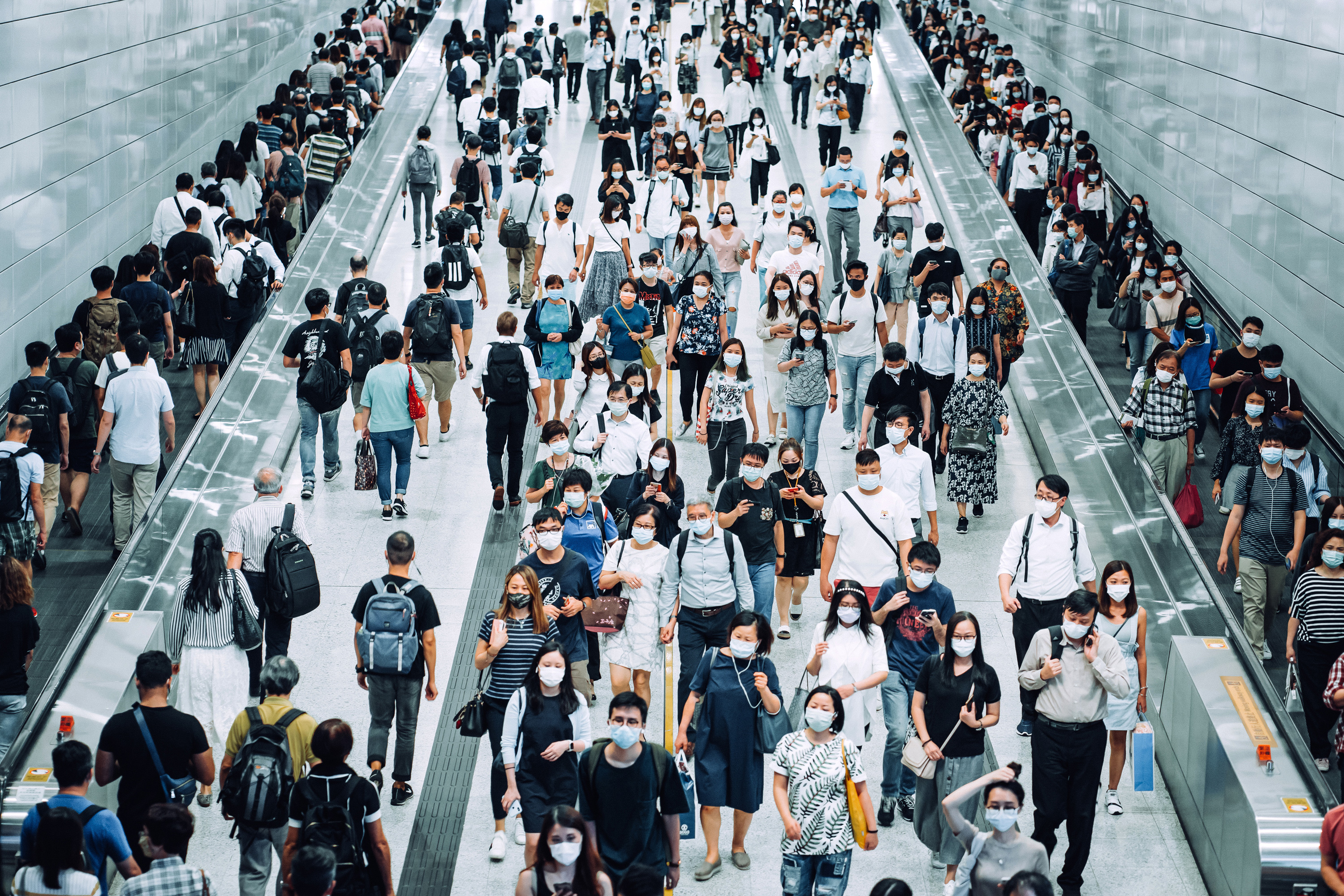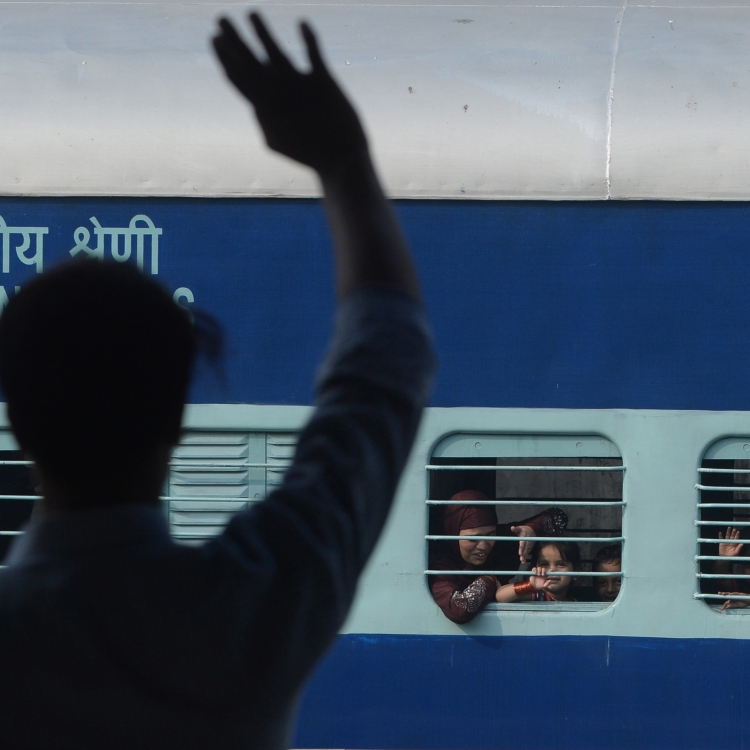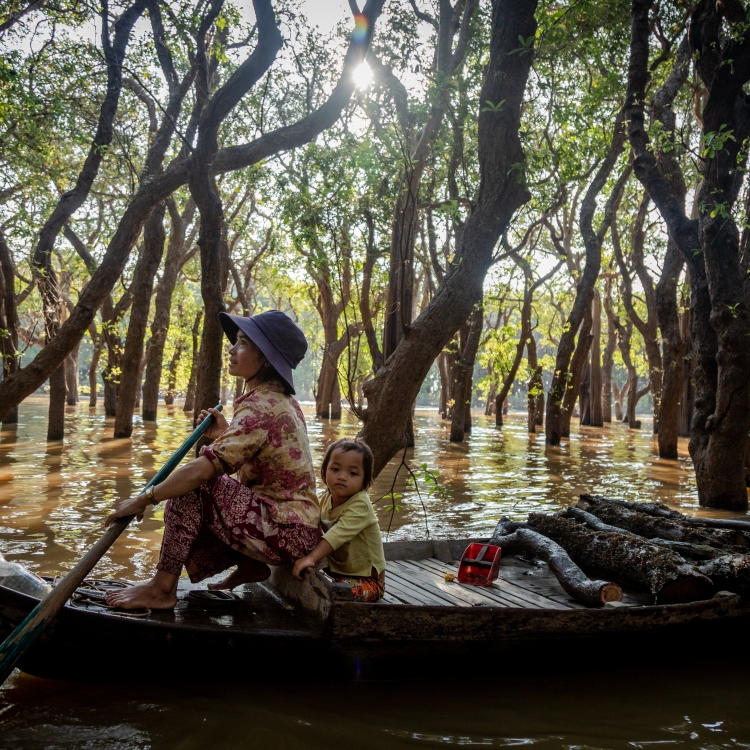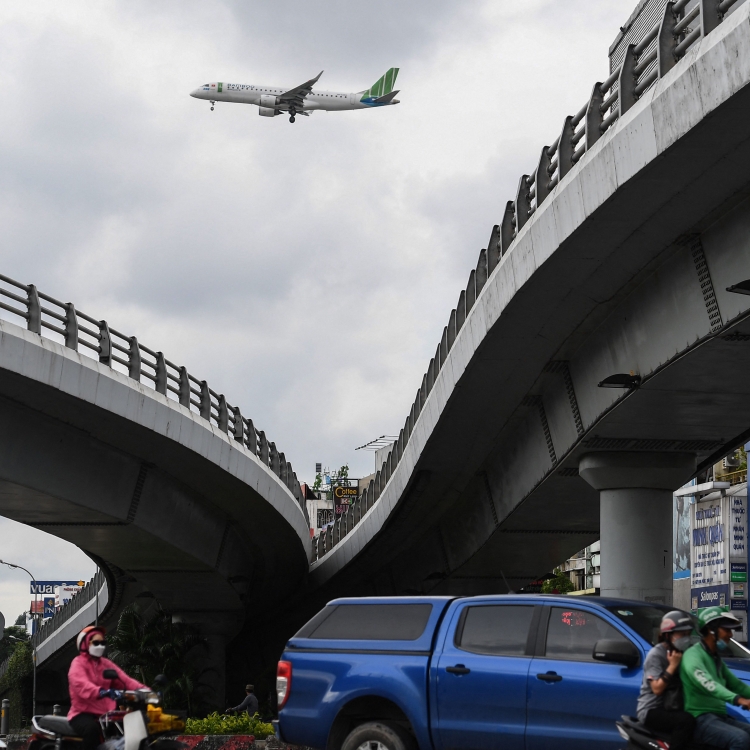magazine text block
Predicting the consequences of an event as major as the coronavirus pandemic is a risky enterprise; the future has seldom felt so uncertain. Nonetheless, we asked experts across a wide range of ages, geographies, and professions to answer one fundamental question: How will this virus change our lives?
Mohsin Hamid
Author, Exit West
I can't speculate about the future other than to say that, for me, the pandemic is likely to continue to reshape how I will see the past. Our planet and our lives on it will seem to have been more fragile than I previously recognized, their wonders more contingent, but their horrors less insurmountable, too.
Pico Iyer
Essayist and novelist
However fearful, distracted, or over-busy we have been during this long, dark season of the virus, it’s given some of us a chance to reflect on what we’ve been missing in recent years, what really sustains us, deep down — and how to remake our priorities in the light of all we’ve suffered. As a writer, I’m grateful if this time of uncertainty and stillness has reminded us how essential our inner resources are, especially when so much of the external world is beyond our control. And as someone based in Asia, convinced that climate change remains our greatest challenge, I’m happy if it moves some of us to live a little more simply, to travel a little less, and to recall that the smallest act can have global consequences — and no land can afford to be an island.
Andrew Yang
Entrepreneur and philanthropist; 2020 Democratic Party presidential candidate
The pandemic will accelerate many of the trends we were already seeing: automation of jobs, rampant inequality, and decline of faith in institutions. This will lead to a more aggressive role for governments to either rebuild or manage the disintegration.
Ian Bremmer
President and founder, Eurasia Group; founder, GZERO Media
COVID-19 will shape the future by bringing it about faster, accelerating three key geopolitical trends already underway: The uncoordinated shutdown (and subsequent start-and-stop re-openings) of our global economy means that income inequality will grow far greater. The disruptions from technology companies, which has already transformed our lives and our politics, will become only more critical to the continued functioning of the world, and will be increasingly treated as a “strategic” sector — something that has serious implications for liberty vs. security trade-offs going forward (and the technological decoupling of the U.S. and China, with global geopolitical implications). Then there’s the delegitimization of institutions; international ones like the World Health Organization have already taken a critical hit following early missteps to the coronavirus response, but as the pandemic continues to rage, representative democracies that continue to suffer the worst effects of the pandemic will feel increased strains to their political systems.
In short, rather than using this universal crisis to overcome global divisions, the world’s response to COVID-19 has only served to deepen our "g-zero" world.
magazine monotony
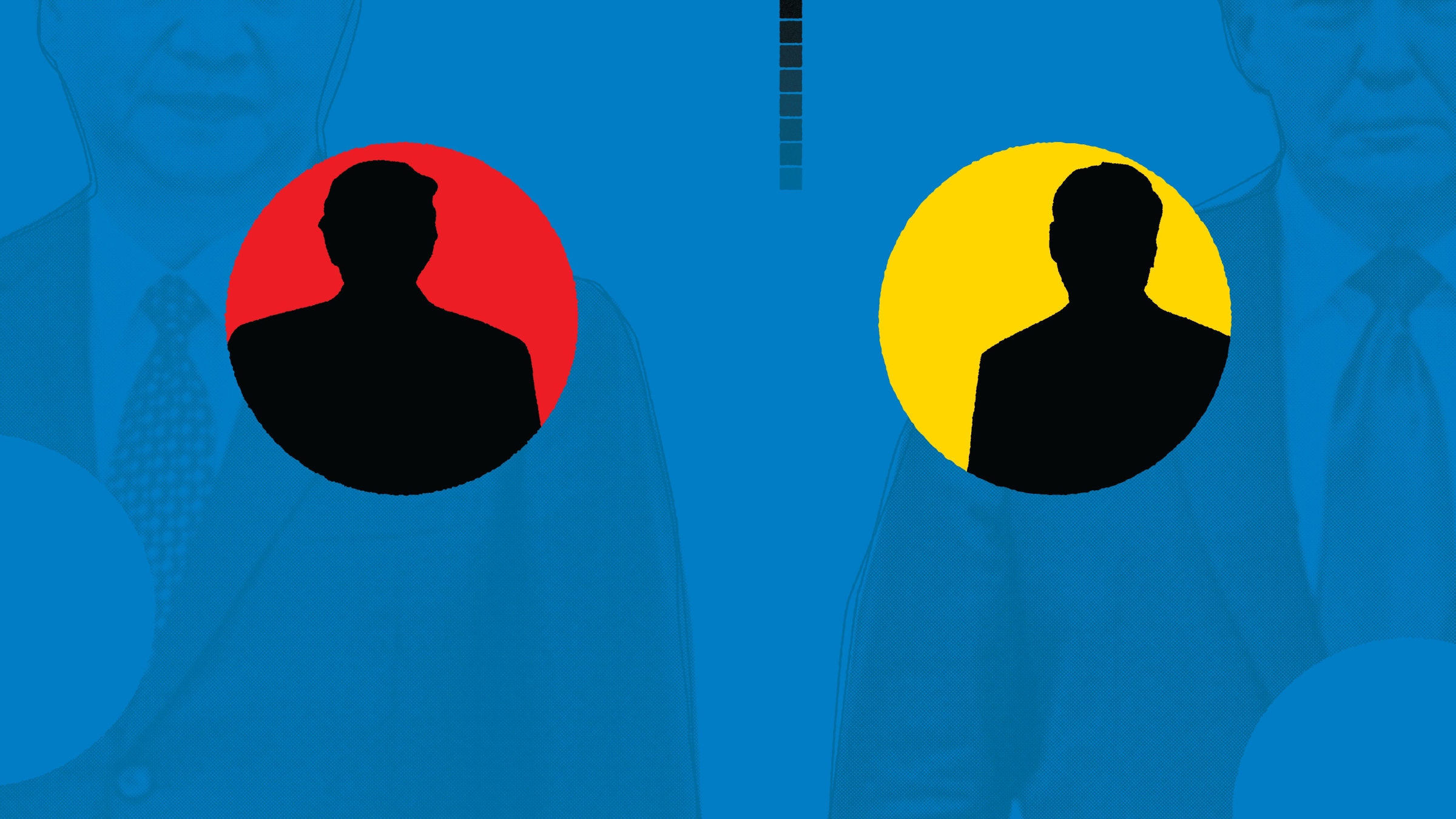
magazine text block
Bing Chen
Creator and entrepreneur; Asia 21 Young Leader
We'll continue spending more time with fewer people. Most convenings outside of our intimate family and friend groups will be tentpole-only. Traditional institutions like churches, media and entertainment outlets, and more will find ways to accelerate these larger convenings by distributing products that remotely recreate and personalize them (think in-home movie premieres) schedule them ritualistically so they achieve the similar luxury-scarcity of past live events, and enhance them beyond their live forms through interactive technologies (e.g. crowd-sourced brightened screens to mimic flashes on physical stages).
David Henry Hwang
Tony Award-winning playwright, M. Butterfly
The optimistic scenario to COVID-19’s end is this: Similar to the post-flu 1920s and post-Vietnam 1970s, people will want to celebrate, have a good time, and gather together. Arts and live entertainment will come roaring back. Broadway will no longer enjoy the massive profits it has seen over the past couple of decades, which means ticket prices may have to come down. Theaters may have to appeal to local and younger audiences more than tourists, as they did prior to the 1990s. Ideally, this will allow for more challenging work and stories from the full range of our communities and cultures.
The pessimistic scenario: These benefits will likely be short-circuited as our nation continues to descend into chaos and authoritarianism.
Min Jin Lee
Author, Pachinko
It’s safe to say that Asians around the world will continue to invest in education for our children, but the pandemic has changed everything. The tough advice is that unless Asians encourage novel entrepreneurship in the arts, technology, media, entertainment, transportation, environment, healthcare, eldercare, hospitality ... and develop far greater openness to non-traditional jobs and creative organizations for a quickly changing global economy vulnerable to paradigm-shifting shocks, we will not appreciate our greatest assets — a well-educated and adaptive workforce and the possibility of a growing middle class. We must not lose the next generation to high unemployment and the ensuing despair of working toward a goal line and finding little to reward them. From now until 2040, governments and the populace must encourage radical innovation, allowing for failure, dead ends, and odd experiments in order to foster growth of intellectual property and nurture entrepreneurship.
Eiko Otake
Interdisciplinary artist and teacher
We will be affected for sure, but the bottom line is our humanity will remain the same. This is what I learned by teaching students who are 50 years younger than me and by having friends in countries that operate in different modes than ours. We will still reach out and help friends, and we will still create art works and articulate our thoughts. Whether we can turn around the environmental damage humans have created is another matter I am not too optimistic about, but we cannot afford to be completely pessimistic.
magazine text block
Xyza Cruz Bacani
Documentary photographer; Asia 21 Young Leader
The COVID-19 pandemic will change how we report stories as there is a new danger in covering an invisible enemy, and there is a whole landscape of misinformation spread across news with a singular focus. There will be more under-reported stories that need to be told, but these stories will be suffocated by political coverage and virus fall-out. There needs to be equal space for both stories, so we don’t miss out on the realities of the new world.
Bobby Ghosh
Journalist and member, Bloomberg Opinion editorial board
The COVID-19 pandemic will force countries that export labor and depend heavily on remittances to recalibrate their economies. As states that rely on foreign workers accelerate efforts toward self-reliance, the so-called "remittance economies" will struggle to accommodate returning prodigals as well as new generations entering the workforce. This represents a major challenge for Asian countries like the Philippines, Bangladesh, and Pakistan, as well as pockets like the Indian state of Kerala.
Anam Zakaria
Author; Asia 21 Young Leader
I remain concerned that emergency policies and measures implemented to combat the COVID-19 pandemic will continue even as we return to some semblance of normalcy. Digital surveillance, which currently has legal and moral legitimacy in many parts of the world and is being used for contact-tracing and controlling the spread of the pandemic, is likely to embolden authoritarian impulses, with the politics of emergency transcending into the politics of every day.
Paul Rivera
Entrepreneur; Asia 21 Young Leader
I think the COVID-19 pandemic has accelerated, within a matter of months, forces that would have taken years to reach critical mass.
Work — who it’s done by, where it’s done from, and the skills you need to thrive in a digital workplace — has been the fastest adapter. The future of work we’ve been talking about in conferences over the last few years is here.
magazine monotony
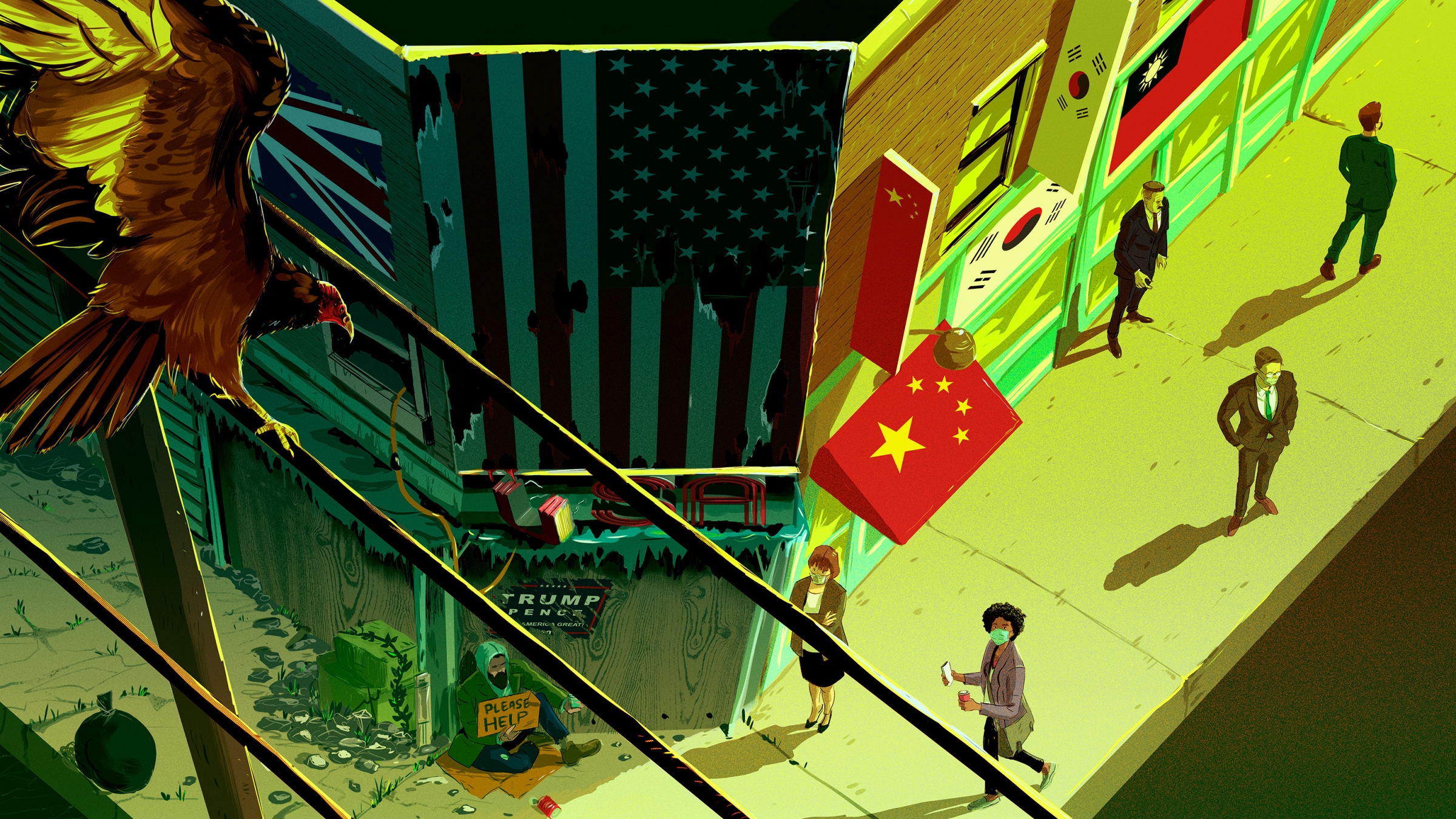
magazine text block
Sharmeen Obaid-Chinoy
Oscar-winning documentary filmmaker; Asia Game Changer Award winner
COVID-19 is already having a fundamental impact on the way we live. Most of us now live in concrete jungles. In cities packed like sardines. Sequestered in our tiny apartments and homes, many of us are questioning whether we should go back to the kinds of lives our parents and grandparents lived. To move to areas where we have access to green spaces and fresh water and produce. A chance for us to pause and reset our buttons and our lives.
Jiayang Fan
Staff writer, The New Yorker
The pandemic is like that exam that the world should have been expecting but like a high schooler, had procrastinated on for far too long. The tragedy that it has wrought has caused many a country to fundamentally re-examine not only its healthcare system but the way its political structure shapes its treatment of the most vulnerable, least protected members of its society. The countries that fail to undertake such reflection probably shouldn't expect to graduate to the status of a mature and humane society.
Esra’a Al Shafei
Civil rights activist; Asia 21 Young Leader
The pandemic will shape the future by rewriting how movement building takes place. Efforts to make advocacy work more inclusive and accessible will be the primary objective as people adapt to a new approach for grassroots campaigning.
Rana Foroohar
Columnist, The Financial Times
The pandemic will speed up a shift towards regionalism that was already underway before COVID-19. I expect we'll see a move towards a tripolar world, in which the U.S., Europe, and China have somewhat different rules of the road for trade and the digital economy. We will also see a dramatic shift away from a tangible economy towards a more intangible, virtual one, which will have massive impacts on labor markets, stock valuations, and monetary policy. The risk is a winner-take-all economy on steroids. The opportunity is that decentralized technologies can help us share the pie more evenly.
magazine text block
Ernestine Fu
Venture capitalist; Asia 21 Young Leader
We are entering into a new era where telecommuting is the norm. COVID-19 has forced exponential adoption of cloud-based collaboration tools. We will continue to see the rise of tools to enable people — people who have never met each other and likely never will — to seamlessly work together.
Sam So
Professor of surgery, Stanford University School of Medicine
There will be less stigma attached to mask wearing. I won’t be surprised if during future cold and flu seasons, public health agencies advocate that people who feel sick wear a mask. This will be in addition to the traditional recommendations for good hand washing and getting flu shots.
Video telemedicine visits will become more common and an acceptable form of outpatient care. They may even become the preferred method for some patients to see their primary care doctors for routine visits since they won’t have to incur the expenses and hassle of taking time off — or risking illness by seeing doctors in clinics full of sick patients. People also won’t have to wait a long time in the clinic to see the doctor since the doctor will always be on time with telemedicine visits.
Teaching classes online on Zoom or similar technology will become more common and an accepted alternative to in-person instruction.
Barbara Demick
Journalist and author, Nothing To Envy
I sadly predict an advance for the techno-autocracy. The Chinese Communist Party will emerge from the pandemic with upgraded technology of control. The same apps used for contact tracing can be deployed post-pandemic to track who is meeting with whom or attending a protest or perhaps visiting a house of worship — a practice discouraged for Muslims. Combined with the use of closed-circuit cameras, facial recognition, and biometric technology, the government will be able to maintain order almost seamlessly. If there is a silver lining, it is that the security services might become less brutal since they won’t need physical coercion to extract information.
Doris Ho
President and chief executive officer, Magsaysay Group; Asia Society trustee
The pandemic has allowed the pent-up fear, distrust, anger, and prejudice felt by so many to erupt in societies across the world. Instead of coming together to help each other, we have retreated into our own tribes. I hope that the pandemic will be the impetus for political and business leaders to adopt an enlightened approach to create a more inclusive social and economic order. And what is left to each of us will be the choice we make to live as kinder human beings.
Alex and Maia Shibutani
Olympic ice skaters
The pandemic has already had a major impact on live events and storytelling landscapes in sports, entertainment, and business. Repercussions will continue to be widespread and long-lasting as the social and behavioral tendencies of viewers and consumers may be forever impacted. Innovation will come from those individuals who adjust and problem solve the limitations presented by our circumstances. Great art, talent, and creativity will always prevail.
